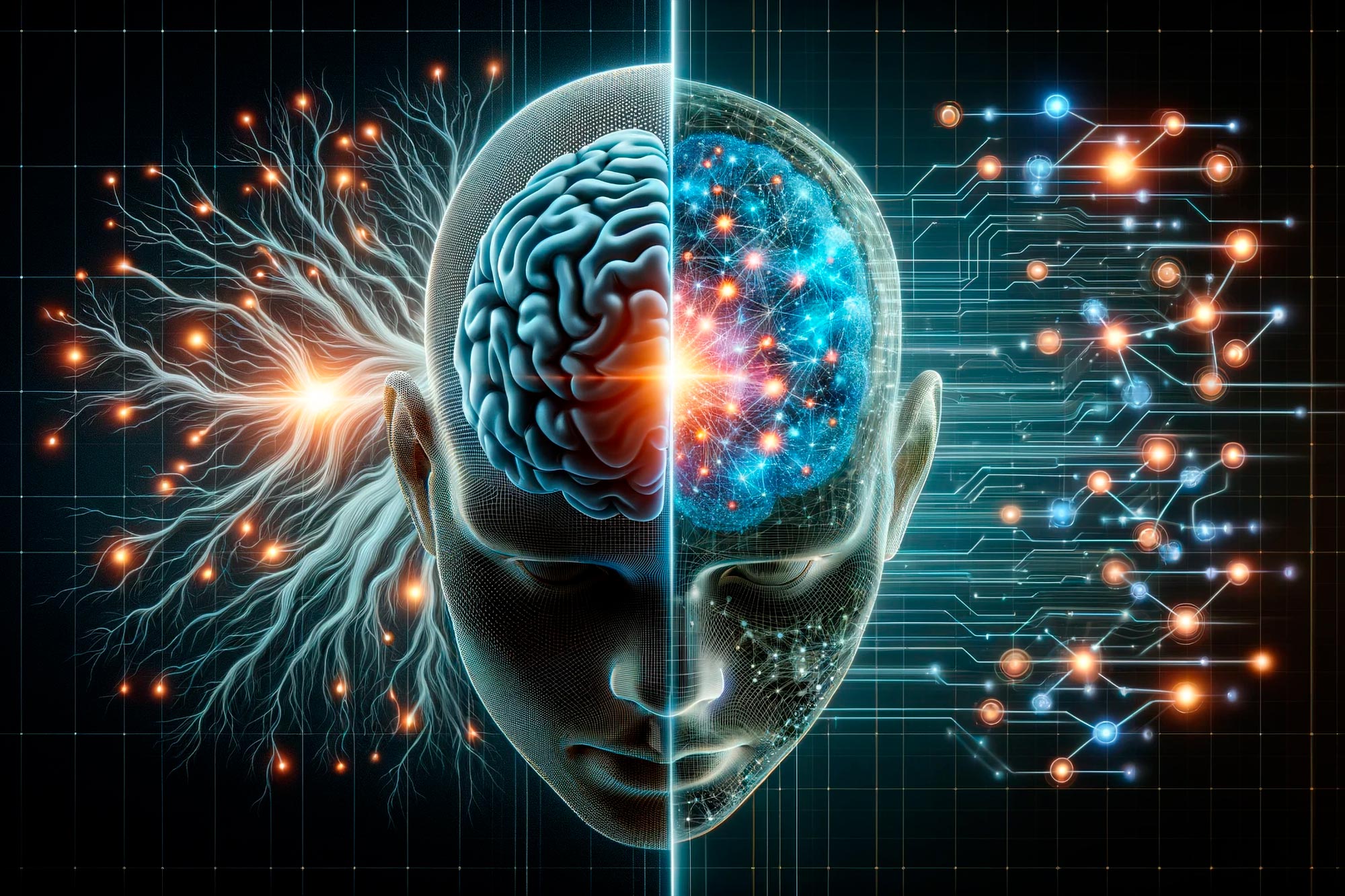
AI’s Role in Unlocking the Secrets of the Human BrainAI’s Role in Unlocking the Secrets of the Human Brain The human brain remains one of the most enigmatic frontiers of scientific inquiry. Its sheer complexity and the intricate interplay of billions of neurons and synapses have long posed daunting challenges to researchers seeking to unravel its mysteries. However, the advent of advanced artificial intelligence (AI) technologies is offering unprecedented opportunities to unlock the secrets of this extraordinary organ. Computational Modeling and Simulations AI enables scientists to develop sophisticated computational models that mimic the structure and functionality of the brain. These models can be used to simulate complex neural processes, such as the formation of memories, the processing of sensory information, and the execution of cognitive tasks. By running simulations on these models, researchers can analyze the behavior of the brain under different conditions and identify patterns that would be difficult or impossible to observe in living organisms. Data Analysis and Interpretation The human brain produces vast amounts of data in the form of neural signals, neuroimaging scans, and behavioral observations. AI algorithms can be trained to analyze and interpret this data, extracting meaningful insights and correlations. By identifying patterns and anomalies, AI can help researchers uncover hidden aspects of brain function and develop a more comprehensive understanding of its operations. Deep Learning and Neural Networks Deep learning algorithms, particularly neural networks, have proven particularly powerful in modeling the brain’s ability to learn and recognize patterns. By training these algorithms on massive datasets of neural activity, researchers can create AI systems that can classify brain states, predict cognitive outcomes, and even generate artificial brain-like structures. Virtual and Augmented Reality AI-powered virtual and augmented reality (VR/AR) technologies provide scientists with innovative tools for studying the brain in immersive environments. VR and AR headsets can be used to create realistic simulations of different brain processes, allowing researchers to observe neural activity in response to controlled stimuli. These technologies offer unprecedented opportunities for understanding how the brain interacts with its surroundings and responds to external stimuli. Brain-Computer Interfaces AI is also playing a crucial role in the development of brain-computer interfaces (BCIs). BCIs allow researchers to decode neural signals and translate them into commands that can control external devices or facilitate communication. AI algorithms can be used to improve the accuracy and reliability of BCI systems, enabling paralyzed individuals to regain motor control and allowing researchers to explore the brain’s response to external inputs. Conclusion AI technologies are rapidly transforming our understanding of the human brain. By providing powerful tools for computational modeling, data analysis, deep learning, VR/AR, and BCIs, AI is enabling researchers to unravel the secrets of this extraordinary organ with unprecedented precision and scale. As AI continues to advance, it promises to revolutionize neuroscience and pave the way for novel treatments for brain disorders and enhancements in cognitive abilities.
Posted inNews